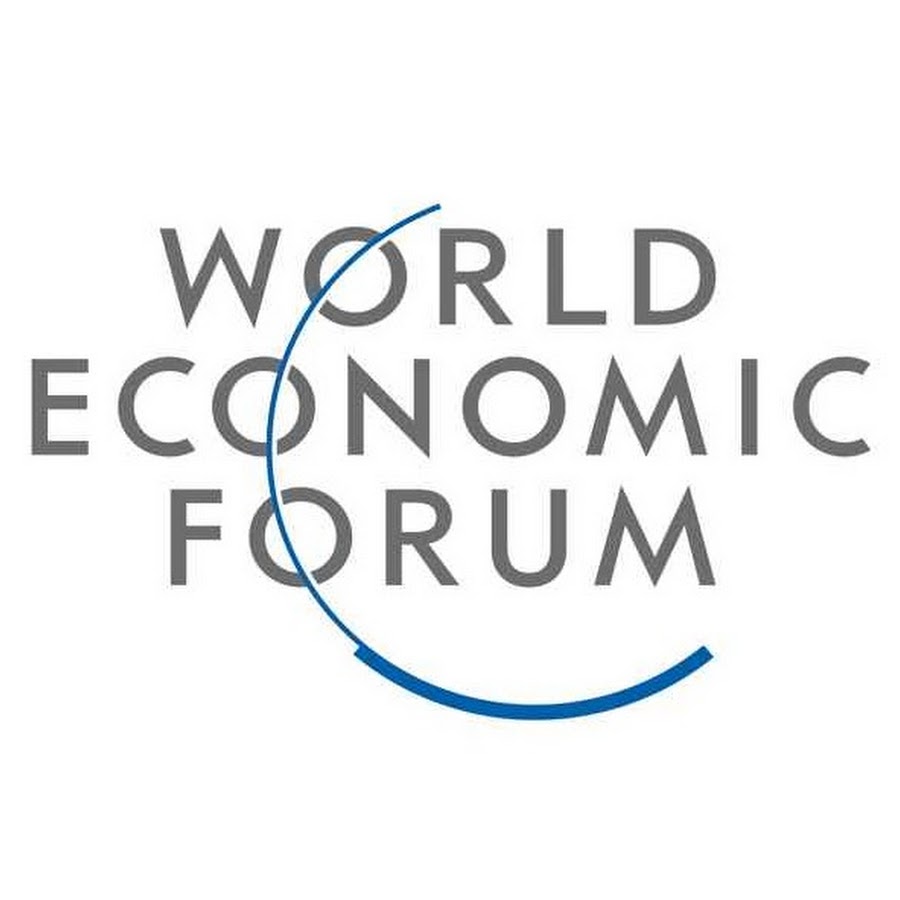
Preparing for the Future Workforce Adapting to Skill Disruptions The World Economic Forum’s prediction that 44% of employee skills will be disrupted within the next five years highlights the imperative for organizations to evolve in their approach to talent development. To navigate this shifting landscape, companies are encouraged to offer a liberal arts-style education that prioritizes analytical thinking, problem-solving, and communication skills. Additionally, HR leaders must be vigilant in identifying warning signs of employees relying excessively on technology as a crutch. In this article, we explore these essential considerations for preparing the workforce for a dynamic future.
Skill Disruptions on the Horizon:The World Economic Forum’s projection of skill disruptions underscores the need for proactive skill development strategies.
Liberal Arts-Style Education:Companies should adopt an educational approach that emphasizes analytical thinking, problem-solving, and communication skills—a liberal arts approach that equips employees with adaptable, transferable skills.
Analytical Thinking:Encouraging employees to think critically and analytically equips them with the ability to solve complex problems and adapt to changing circumstances.
Problem-Solving Proficiency:Fostering problem-solving skills enables employees to tackle challenges creatively and find innovative solutions.
Effective Communication:Effective communication skills are essential for collaboration, leadership, and conveying ideas in a clear and compelling manner.
Recognizing Overreliance on Technology:HR leaders must remain vigilant for signs of employees using technology as a crutch, which can hinder skill development and creativity.
Warning Signs to Watch For:Identifying warning signs such as decreased critical thinking, overdependence on automated tools, and reduced interpersonal communication can help HR leaders intervene effectively.
Balancing Technology and Human Skills:Striking a balance between leveraging technology and nurturing human skills is crucial to remain competitive and agile in the evolving workforce.
The impending disruption of employee skills emphasizes the urgency for organizations to adapt their approach to talent development. By offering a liberal arts-style education that prioritizes analytical thinking, problem-solving, and communication skills, companies can equip their workforce with the resilience and adaptability needed to thrive in a changing landscape. HR leaders play a vital role in identifying warning signs of overreliance on technology, ensuring that employees continue to develop essential human skills that will remain invaluable in the future of work.
Last Updated on: Thursday, September 14, 2023 11:21 am by Anu Priya | Published by: Anu Priya on Thursday, September 14, 2023 11:21 am | News Categories: News, Business, Economy, GENERAL, Tech
About Us: Business Byte covers a wide range of topics, including India news, business updates, startup insights, technology trends, sports, entertainment, lifestyle, automobiles, and more, led by Editor-in-Chief Ankur Srivastava. Stay connected on Website, Facebook, Instagram, LinkedIn, X (formerly Twitter), Google News, and Whatsapp Channel.
Disclaimer: At Business Byte, we are committed to providing accurate, reliable, and thoroughly verified information, sourced from trusted media outlets. For more details, please visit our About, Disclaimer, Terms & Conditions, and Privacy Policy. If you have any questions, feedback, or concerns, feel free to contact us through email.
Contact Us: businessbyteofficial@gmail.com || ankursri983@gmail.com